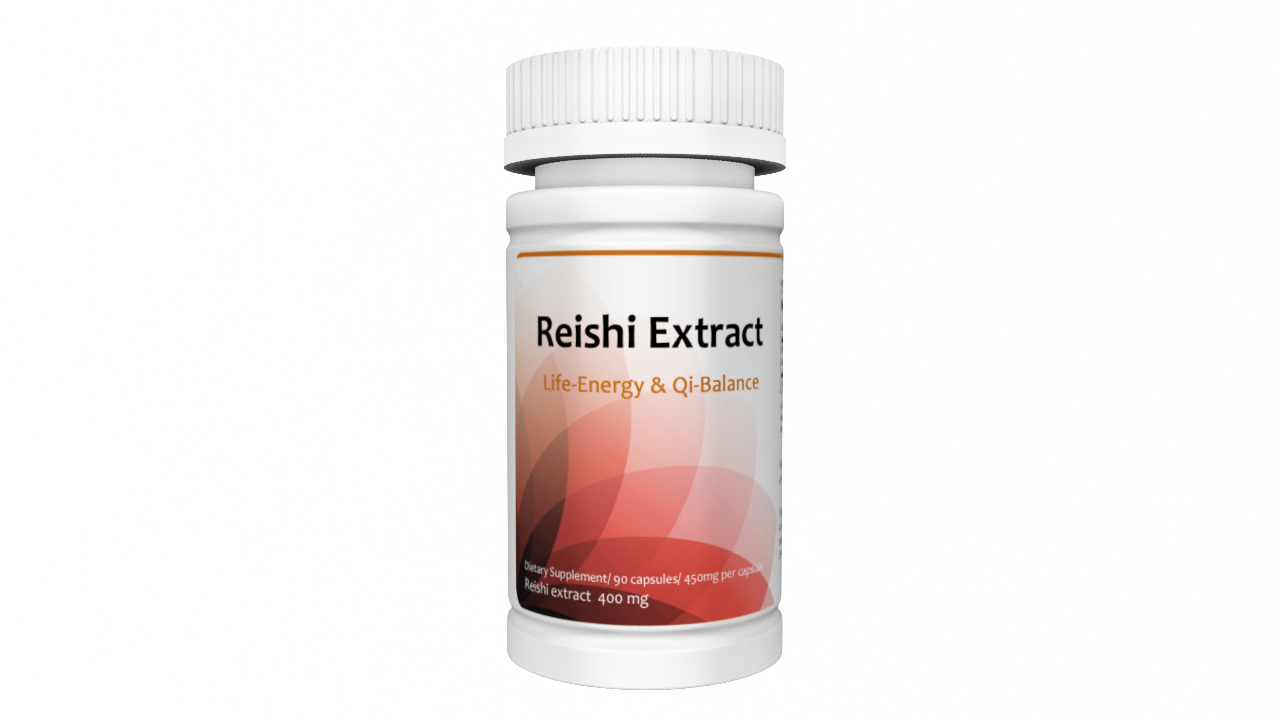Cordyceps - Immune System Booster
The immune system is responsible for the body's defence against viral and bacterial infections. In the human body, cancer cells may appear as a result of mutations, and old, dead cells and tissues may cause bacterial infection.
John Holiday in the Encyclopedia of dietary supplements suggested that Cordyceps stimulates the immune system by increasing the number of white blood cells – our body’s first line of defence against various infections and illness (Holliday, J et al. Encyclopedia of dietary supplements. Dekker Encyclopedias, Taylor and Francis Publishing, 2005). Because of this quality, Cordyceps is often recommended as a rejuvenator for increasing energy while recovering from an operation or a serious illness.
The Chinese Journal of Integrated Traditional Western Medicine published that Cordyceps enhanced immune system in healthy individuals as well as in patients with leukaemia: the white blood cells’ activity was increased by 74% in healthy individuals and by 400% in leukaemia patients. (Talbott, SM. A guide to understanding dietary supplements. New York: Haworth Press, 2003)
According to L. Ganxhon Cordyceps extract can promote phagocytes of the mononuclear macrophage system and increase the count of mononuclear cells. It can also arrest the reduction of phagocytes’ power of macrophage in the abdominal cavity induced by cortisone. (Ganxhon, L et al. The essentials of traditional Chinese herbal medicine (5th edition). USA: Foreign Language Press, 2003)
The book Cordyceps: China’s Healing Mushroom describes numerous immune-boosting effects of Cordyceps: an increase in the number of white blood cells, T-helper cells, NK cells and macrophages, which manifests itself as increased cellular immunity against infections, especially viral and fungal. (Halpern, G.,Cordyceps: China’s healing mushroom, Avery Publishing Group, New York, 1999)
Immune System – General Information
The immune system is pretty much the gatekeeper for your body. It keeps the good stuff in and protects you against the bad stuff. The immune system can be a fairly complicated topic; the information below should clear up some of the confusion on the issue.
The immune system is one of the main biological systems that every person has. It is rather unique in that the immune system does not exist primarily in one place, but rather more or less all over the body. For instance, the respiratory system consists of your lungs, diaphragm, trachea and other organs that are used for breathing. The skeletal system is comprised of all of the bones that are in your body. In contrast, the immune system does not exist in one place, but is a collection of systems and defence mechanisms that are designed to keep a person safe.
The immune system needs to be organised as it is because although most infections make their way into the body through many different openings in the head, most diseases and pathogens have a much more complex action than simply finding their way into the body through an open hole.
Types of Immunodeficiency
Primary Immunodeficiency
The immune system is the body’s greatest defence against disease, and unfortunately, there are quite a few people in the world who happen to have weak immune system (which is often referred to as immunodeficiency). There are two main ways that a person can contract a weakened immune system. The first is almost always genetic and occurs when a person is born and is called primary immunodeficiency. When a person has a primary immunodeficiency, often they just do not have a part of their immune system that they are supposed to have. Their immune system is like a puzzle that is missing a few pieces.
This first sort of weak immune system is extremely hard to fix, if not impossible. Keeping to the puzzle analogy, when a person has this first type of immune system, they could actually have any one of 50 or 60 puzzle pieces missing from their immune system. Each puzzle piece would represent an immunodeficiency that would occur if the puzzle piece was not there.
Secondary Immunodeficiency
The second type of weak immune system is caused directly by a disease (such as AIDS). This second type of weak immune system is called a secondary immunodeficiency. With this type of weak immune system, a person is still facing many of the same problems that they would have with a primary immunodeficiency.
Unfortunately, if a person has either of these types of weakened immune system, they pretty much have this for life. Treatment depends on what type of immune system deficiency a person has, but generally, the related conditions are treatable and are not extremely life threatening these days. However, when a person has a weakened immune system, they are more susceptible to pathogens and can get sick extremely easily. A person with a weak immune system getting a cold can turn into an emergency room situation if they are not taken care of in the way that they should be.
Causes
A person does not have to have a birth defect or have a dangerous disease to contract a weak immune system. There are other ways for a person to have a weak immune system, although this is not as serious as having a primary or secondary immunodeficiency.
If a person is getting sick a lot, chances are they are putting unnecessary stress on their immune system, making it work harder than it should to keep their body safe.
A weakened immune system like this is most likely caused by unnecessary stress on the body. Generally, this happens when a person is not sleeping enough or experiences an unnecessary amount of stress for extended periods of time.
The reason why stress is so harmful to the human immune system is that, when the body is placed under unnecessary levels of stress, it essentially thinks it is in danger of being killed. Thousands of years ago, this stressful situation would have been the result of being chased by a predator, but today, it can be an argument at the office or a fight with a significant other.
Either way, the cause of the stress does not matter. When the body becomes stressed, it starts getting rid of everything that it does not immediately need to give itself every possible chance it can at surviving the situation. The often means a person’s immune system will suffer. There is nothing physically wrong with the immune system – it’s just that the body thinks it is in physical danger of dying and will not devote as much energy to the immune system as it should.
Heavy exercise can also temporarily weaken the immune system, as well as a diet that is excessively high in sugar or rapid changes in the weather.
Again, it should be noted that these types of weakened immune systems are not in the same class as primary and secondary immunodeficiencies, but are more common among normally healthy people. About 1 in 500 people have a primary immunodeficiency and the numbers are hard to tell for secondary immunodeficiencies at this time. In general, most people will only be at risk of temporary weakening of the immune system.
The immune system is a fascinating part of the body as well as being one of the most intricate parts. It has the responsibility of protecting the body against hundreds of thousands of threats on a daily basis.











